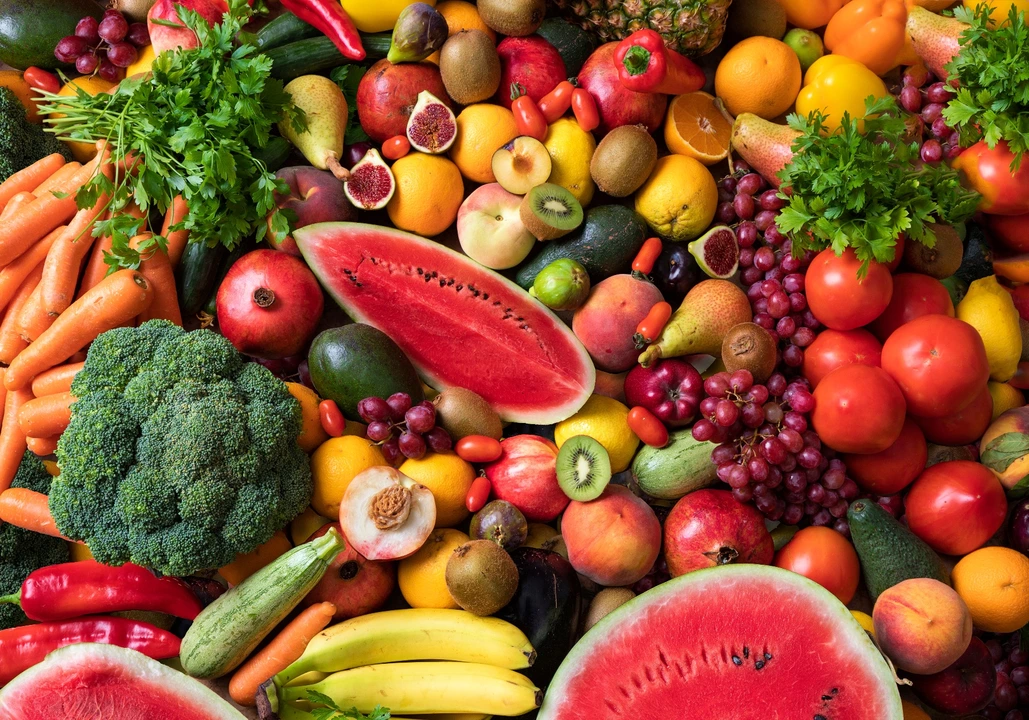Antioxidants: What They Do and How to Get More of Them
If you’ve heard the buzz about antioxidants but aren’t sure what’s real, you’re not alone. In plain terms, antioxidants are compounds that help protect your cells from damage caused by free radicals – unstable molecules that pop up after stress, pollution, or a heavy meal.
When free radicals run wild, they can wear down DNA, speed up aging, and increase the risk of chronic illnesses like heart disease. Antioxidants act like tiny firefighters, neutralizing those rogue particles before they cause trouble. The result? Better overall health, smoother recovery after workouts, and a lower chance of long‑term damage.
What Are the Main Types of Antioxidants?
The most common antioxidants you’ll find in foods are vitamins C and E, beta‑carotene (a form of vitamin A), and minerals like selenium. Plant compounds such as flavonoids, polyphenols, and anthocyanins also pack a powerful antioxidant punch. Each type works slightly differently – for example, vitamin C is water‑soluble and circulates in your blood, while vitamin E stays in cell membranes to protect fats.
Knowing the types helps you choose foods that cover all bases. A diet rich in a mix of these compounds gives you broader protection than relying on just one source.
Best Ways to Add Antioxidants to Your Daily Routine
Start with colorful fruits and veggies. Berries, oranges, kiwis, bell peppers, and leafy greens are loaded with vitamin C and flavonoids. A handful of blueberries or a slice of mango can boost your antioxidant intake without any extra effort.
Nuts and seeds add vitamin E and selenium. A small serving of almonds, sunflower seeds, or Brazil nuts each day is enough to make a difference. If you’re into drinks, green tea and coffee contain polyphenols that have been shown to support heart health.
When fresh produce isn’t on hand, frozen berries or canned tomatoes keep most antioxidants intact thanks to quick processing. Just watch out for added sugars or sodium in processed foods – they can offset the benefits.
If you suspect your diet is still lacking, a quality supplement can fill gaps. Look for products that list natural sources (like mixed fruit extracts) rather than synthetic labels. Always check dosage and talk to a pharmacist if you’re on medication, as some antioxidants interact with blood thinners.
Finally, cooking matters. Light steaming or quick sautéing preserves more antioxidants than boiling for long periods. Over‑cooking can destroy heat‑sensitive vitamins like C, so aim for crisp‑tender textures when possible.
In short, antioxidants are your body’s natural defense crew. By eating a rainbow of foods, adding nuts and teas, and being smart about cooking, you give them the support they need to keep you feeling fresh and resilient every day.
In my latest research, I've discovered the incredible benefits of a diet rich in fruits and vegetables, particularly in relation to Azathioprine and antioxidants. Azathioprine is an immunosuppressive drug that can cause oxidative stress, but a diet high in antioxidants can help combat this. Fruits and vegetables are packed with these antioxidants, which can protect our cells from damage and improve overall health. Moreover, they also provide essential vitamins and minerals that support our immune system. So, don't forget to load up on those colorful fruits and veggies to give your body the best defense against oxidative stress and other health issues!
Apr, 28 2023

